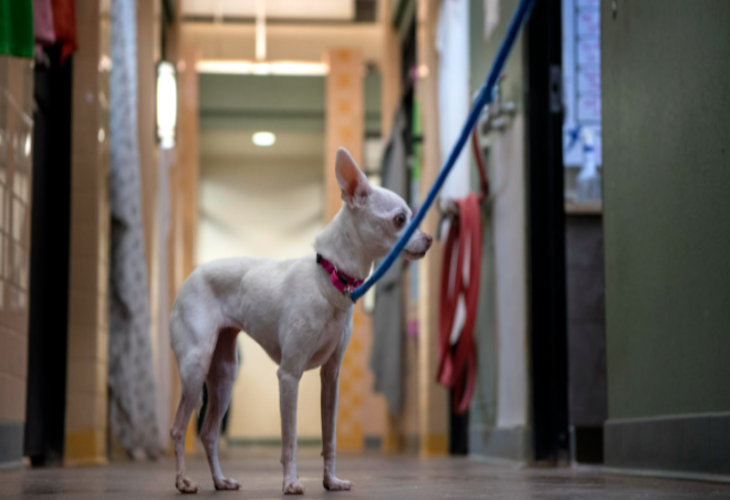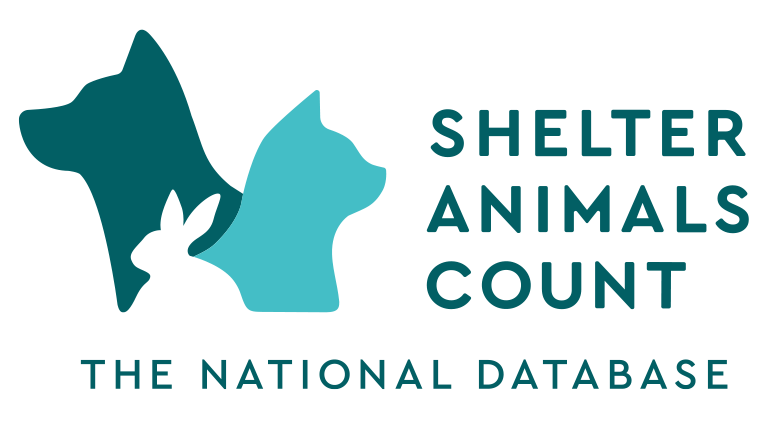Albuquerque Journal: Local animal shelters face their own housing crisis
- Home
- Local animal shelters face their own housing crisis

19Sep’21
Albuquerque Journal:
By: JOURNAL NORTH EDITOR
New Mexico remains in drought conditions, but it’s raining cats and dogs at local animal shelters. If you’ve ever wanted a pet, now’s the time.
COVID-19 has created a roller-coaster effect for shelters nationwide.
During the pandemic’s first peak in 2020, pet adoptions soared as people stuck at home looked for companionship and more domestic pursuits. Based on a national poll, the American Society for the Prevention of Cruelty to Animals (ASPCA) estimates that close to one in five American households, about 23 million, acquired a cat or dog since the since the beginning of the COVID-19 crisis.
In April of last year, pet adoptions were up 34% over the same period in 2019, according to Shelter Animals Count, which runs a database that tracks shelter and rescue activities.
Some shelters even had trouble keeping rescue dogs “in stock.” The effort to adopt a canine friend had become, in some parts of the country, something like trying to buy a Cabbage Patch Kids doll in the 1980s.
But as the coronavirus pandemic peaks anew, pet shelters are now being overwhelmed by a surge of their own. Local shelters in northern New Mexico and others around the country are running out of capacity to hold all the dogs and cats that are being dropped off.
A number of reports from a few months ago blamed the increased drop-offs on people who could no longer care for recently adopted animals as they returned to work or just got tired of being pet owners.
But that’s not really what’s going on, local authorities and more recent studies say.
ASPCA found that the vast majority of households that added pets since the pandemic began still have their animals – 90% for dogs and 85% for cats – and are not considering “rehoming” their pets in the near future.
“Despite alarmist headlines tied to regional reports of a surge in owner surrenders, this trend is not currently evident on a national level with many organizations simply seeing a return to pre-pandemic operations and intake,” ASPCA says.
So why all the shelter animals these days? It’s the result of another pandemic impact, say local shelter managers.
When the pandemic first began in New Mexico, spay and neuter surgeries weren’t considered essential and were suspended under public health orders, said Murad Kirdar, public and business relations officer at the Santa Fe Animal Shelter. He credits that for today’s influx in dog populations at shelters.
Mattie Allen, communications director for Española Humane, said its shelter has had to double up dogs in kennels to help make room for them all.
Española Humane recently had 28 dogs and puppies dropped off over a single night and, as the shelter was opening, three animal control trucks pulled up with more dogs, Allen said. That same day, another person surrendered two dogs, each with a litter of puppies.
Without the help of fosters, that single drop-off day would have completely overwhelmed the shelter. The humane society currently has almost 200 pets in foster homes. Allen described the situation as a “sustained level of crisis.”
“We’re definitely seeing the effects of the lack of access to spay-neuter services statewide,” she said. She also said there’s been a huge spike in vaccine-preventable disease. “Some people were not able to get their vaccine updates, or even their regular puppy shots, because most vets don’t have the capacity to take on new clients right now,” Allen said.
Some vet offices shut their doors due to the pandemic, Allen said, and, even before COVID-19, New Mexico faced a shortage of veterinary care.
The Santa Fe shelter had free adoptions over the Labor Day weekend and has dropped the fee to $50 for the rest of September for dogs six months or older.
So time is right for the pet-curious and veteran pet owners who’ve been thinking about adding to their broods to check out the local shelters and look for new friends. The rest of us can donate to the shelters or just shop at the great thrift stores that the shelters operate as fundraisers. Anyone who acquires a new pet outside the shelter system MUST get their animals spayed or neutered. Extra points go to those who help out the shelters by fostering orphaned animals.
With so much going on in the world, the pandemic being problem number one, the fate of dogs and cats isn’t on the top of everybody’s priority list.
But treatment of animals is nevertheless important. It’s a measure of how, well, humane a society is.
